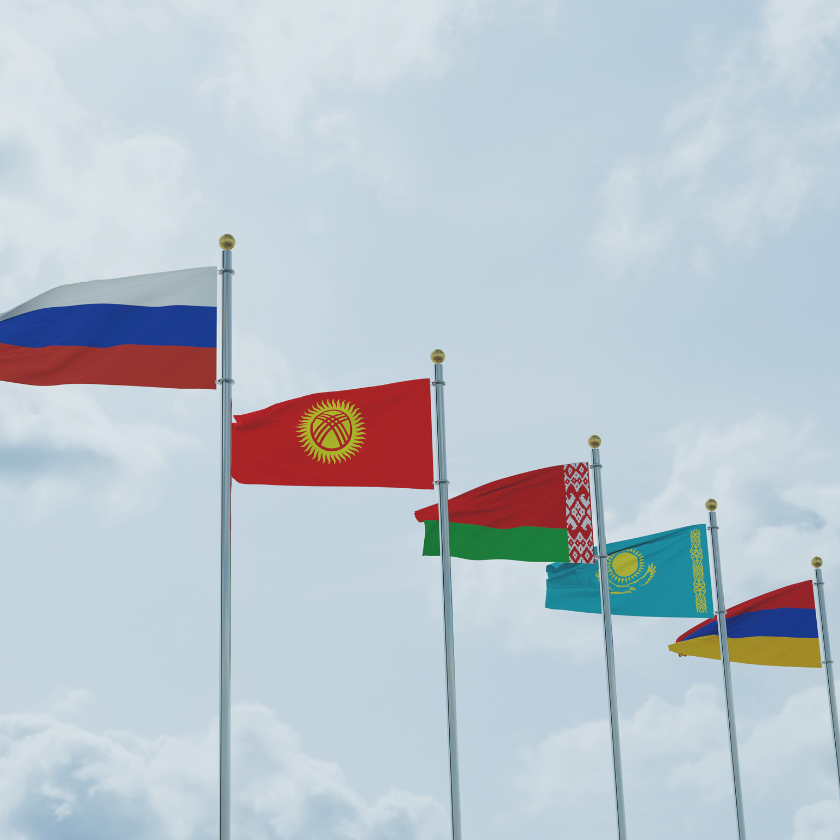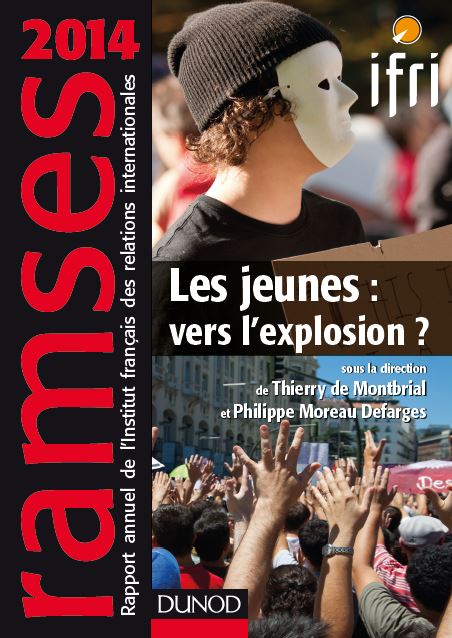Russia-Eurasia
Eurasia is undergoing profound changes. While the Soviet past has left a lasting imprint, Russia and the countries of Eastern Europe, Central Asia and the South Caucasus have their own trajectory.
Related Subjects



Russia's Eastern Energy Policy: A Chinese Puzzle for Rosneft
In the past decade Russia set a strategic goal: to develop the Eastern vector of its energy policy and strengthen oil and gas cooperation with the Asia-Pacific countries. While dialogue on gas with China was stalled, Rosneft, the country's number-one oil company, made a breakthrough in petroleum relations.

Internet, accélérateur des transformations de la Russie
La crise économique mondiale survenue en 2008, qui s’est durement répercutée en Russie, a cristallisé le mécontentement de la population, en particulier des classes moyennes et supérieures. Ce ressentiment, les réseaux sociaux et les blogs permettent de l’exposer sur la « place publique » en obtenant une résonance significative. Cette évolution n’est pas propre à la Russie ; elle est générationnelle.
Disponible sur Cairn
Deja Vu with BMD: The Improbability of Russia-NATO Missile Defense
Consistent attempts by the US and NATO to cooperate on ballistic missile defenses have long divided Russia and the West. The failed talks on this issue have built a foundation of frustration that has reinforced the general lack of trust among the parties on this issue.
Kazakhstan and Eurasian Economic Integration: Quick Start, Mixed Results and Uncertain Future
Kazakhstan's economic integration with Russia and Belarus has been advancing at break-neck speed.

Russia: Will the Web Reinvent Policy?
The Web has seen a spectacular development in Russia, opening an intermediary political space through which protesters against the regime have been able to coalesce, as shown by the events in late 2011 and early 2012.
What the North Caucasus Means to Russia
The crisis in the North Caucasus has had a negative impact across all of Russia.
Economic Constraint and Ukraine's Security Policy
Since winning the 2010 presidential elections in Ukraine, Viktor Yanukovych has worked hard to repair Kyiv's relationship with Moscow.
Russian Energy Security and Foreign Policy
Support independent French research
Ifri, a foundation recognized as being of public utility, relies largely on private donors – companies and individuals – to guarantee its sustainability and intellectual independence. Through their funding, donors help maintain the Institute's position among the world's leading think tanks. By benefiting from an internationally recognized network and expertise, donors refine their understanding of geopolitical risk and its consequences on global politics and the economy. In 2025, Ifri supports more than 80 French and foreign companies and organizations.








